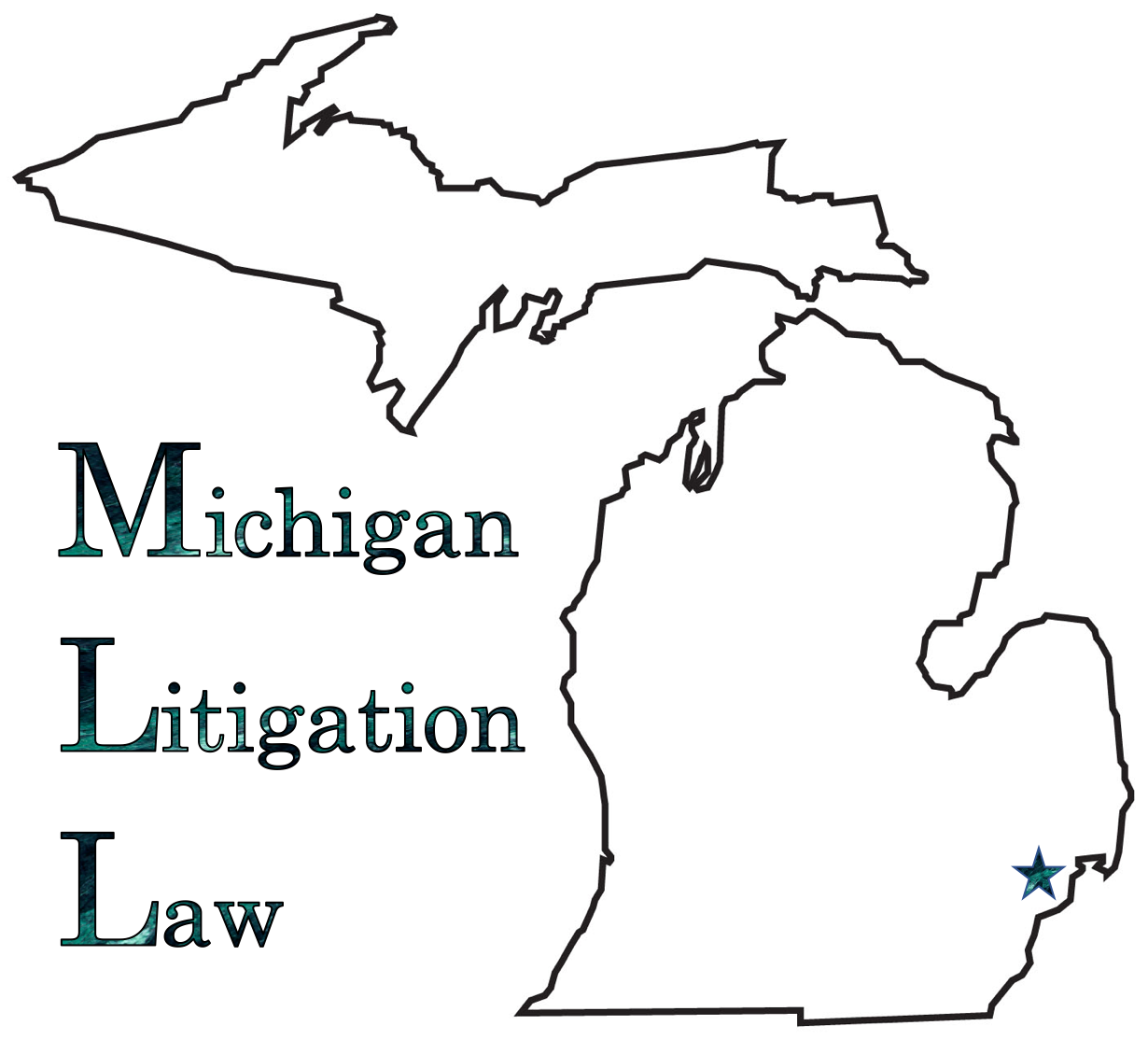What is Stop and Frisk?
Police may stop a suspect so long as there is a reasonable suspicion of a criminal act. The evidence necessary for “reasonable suspicion” here is something beyond mere suspicion, but is less than the level required for probable cause. If there is reason to believe that the person may be armed and dangerous, the police can also frisk the suspect. See Terry v. Ohio, 392 U.S. 1 (1968).
EXAMPLE: Officer P. Harker’s peers often joke that he has something akin to a “spidey-sense” which tells him when folks are up to no good. While enjoying a cup of coffee at his favorite donut shop, Officer Harker’s neck hairs stand up straight. He immediately goes outside where he sees Ivan walking down the street, carrying a small duffel bag. He orders Ivan to stop and drop the bag. When the bag falls, Officer Harker hears the clanging of metal against metal. He then frisks Ivan and discovers a hidden pistol in Ivan's pocket. He then searches the duffel bag and discovers ammunition and several illegal hunting knives. Despite the fact that Officer Harker’s “spidey-sense” proved accurate once again, the evidence will be excluded as he can not articulate any reason why he stopped Ivan, other than his unusually active neck hairs.
Stop and Frisk Requires Reasonable Suspicion of an Ongoing Crime as Opposed to an Incident of Past Conduct
“Even a reliable tip will justify an investigative stop only if it creates reasonable suspicion that “criminal activity may be afoot.” Terry, 392 U.S., at 30, 88 S. Ct. 1868, 20 L. Ed. 2d 889 (1968).”
“We must therefore determine whether the 911 caller’s report of being run off the roadway created reasonable suspicion of an ongoing crime such as drunk driving as opposed to an isolated episode of past recklessness. See Cortez, 449 U. S., at 417, 101 S. Ct. 690, 66 L. Ed. 2d 621 (1981) (HN9 LEdHN[9] [9] “An investigatory stop must be justified by some objective manifestation that the person stopped is, or is about to be, engaged in criminal activity”).” Navarette v. California, 134 S. Ct. 1683, 1690 (2014)

